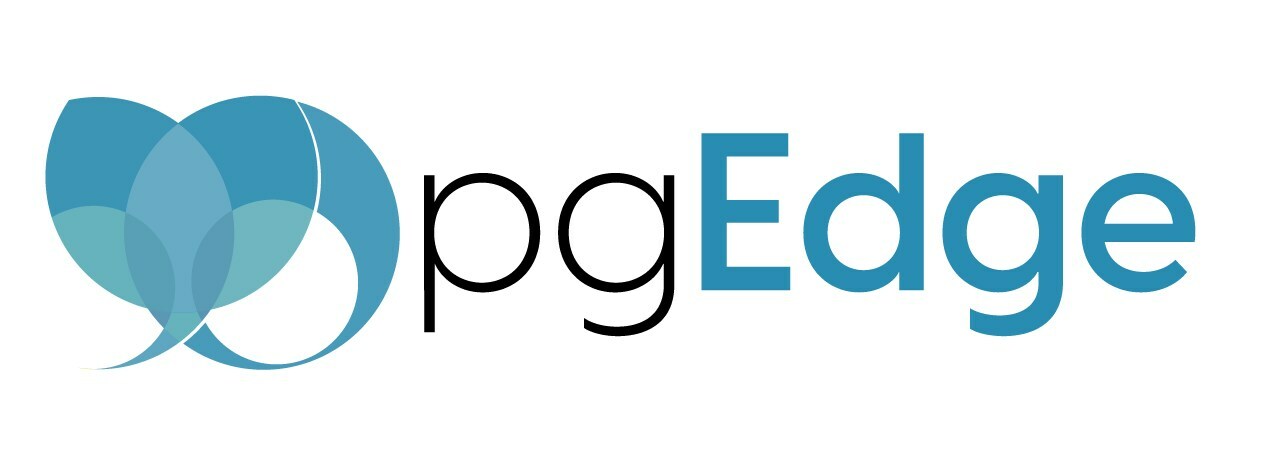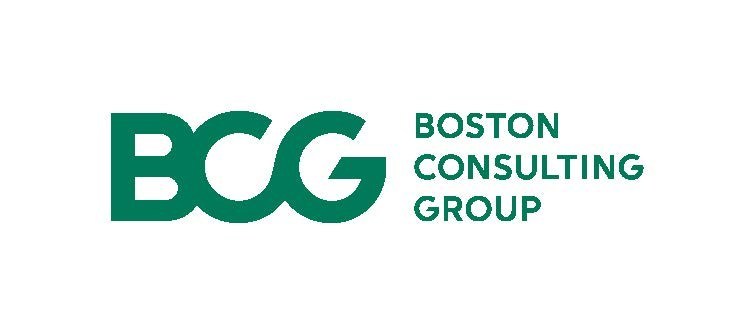Introduces Advanced Replication Features, Offering a Reliable Alternative to Legacy Multi-master Replication Technologies
ALEXANDRIA, Va., Aug. 7, 2024 -- pgEdge, Inc., the leading company dedicated to distributed Postgres, today announces the availability of pgEdge Platform v24.7, also known as the Constellation Release. This latest release introduces advancements in Postgres logical replication, including parallel processing and large object support and enhanced error handling, providing users with greater throughput, flexibility and control. This makes pgEdge a viable open source distributed PostgreSQL alternative for legacy database workloads requiring multi-master capability.
pgEdge remains the only fully distributed PostgreSQL solution that is open (source available) and completely based on the standard PostgreSQL database. With its unique multi-master (active-active) replication that runs across geographic regions, pgEdge reduces latency and ensures ultra-high availability.
pgEdge has collaborated with its customers, partners and community to deliver a number of key new features:
- Large Object Logical Replication (LOLOR): LOLOR is a PostgreSQL extension that makes large objects compatible with logical replication. This provides compatibility with a variety of existing applications that store media assets and other large files in PostgreSQL databases. Applications that previously stored media assets or large files in the database can now run on pgEdge without modification. For instance, migrating from legacy database workloads to PostgreSQL often involves large object support, which LOLOR seamlessly handles.
- Replication Exception Handling and Logging: This feature introduces a new exception log table, where replication errors are logged to prevent them from blocking subsequent replication changes. This ensures a more robust and user-friendly experience when managing replication. Graceful error handling means that replication errors in unexpected situations are appropriately managed without interrupting overall system operation. Users gain visibility into replication errors for easier troubleshooting and can utilize tools like the pgEdge Anti-Chaos Engine (ACE) for future error remediation.
- Replication Repair Mode: A new function that allows users to enable and disable "repair mode," giving them the option to opt-out of replicating changes made on a specific database node. This provides end-users increased control over replication in a distributed PostgreSQL cluster and prevents unwanted replication of changes while resolving errors or modifying the state of a single database node. It also offers flexibility in managing replication processes and supports error remediation by external tools without affecting the entire cluster.
- Automatic Replication of DDL Commands: With this feature, developers can now update the database schema on a single node, and the changes are automatically propagated to other nodes in the cluster. This makes it far easier to support distributed PostgreSQL applications where the database schema is frequently updated due to active development or maintenance.
- Snowflake Sequence in Postgres Extension: pgEdge has integrated Snowflake sequences into a PostgreSQL extension to make it easier to manage sequences in distributed PostgreSQL multi-master replication scenarios. A Snowflake sequence allows for the utilization of a guaranteed unique sequence within a cluster without the need for application code or schema modifications. By automatically installing the Snowflake extension in pgEdge Platform and pgEdge Cloud databases, users can easily maintain unique sequence numbers across different regions, eliminating conflicts and enhancing scalability.
High Performance Parallel Replication Coming to pgEdge Platform in Q4
pgEdge will also provide Parallel Replication features which will be available in pgEdge Platform in Q4 of this year. This feature leverages multiple replication slots to enable parallel replication processing within a distributed PostgreSQL cluster. By doing so, it significantly increases replication throughput in high-traffic, cross-region OLTP workloads. Parallel processing of replication tasks substantially boosts replication speed, enhancing overall system performance. PostgreSQL users can now efficiently manage larger volumes of data replication across distributed clusters, supporting high-demand environments. It also reduces replication lag and ensures timely data synchronization across all nodes, maintaining data consistency and reliability.
"We are excited to announce the latest version of pgEdge Platform built on open standard-based PostgreSQL," said Phillip Merrick, Co-founder and CEO of pgEdge. "With these new features and enhancements, we continue our commitment to advance distributed PostgreSQL capabilities within the community as well as make it easier to deliver applications that are always available and always responsive."
pgEdge Platform packages pgEdge distributed PostgreSQL as downloadable software that can be self-hosted and self-managed in either on-premises environments and/or in the cloud with major providers such as AWS, Microsoft Azure and Google Cloud Platform. Enterprise class support is also available from pgEdge. pgEdge Cloud, a fully managed cloud service based on pgEdge Platform, will be generally available in Q3.
For more information and to download the latest product version visit www.pgedge.com/download.
About pgEdge
pgEdge, the leading company dedicated to distributed Postgres, has made its mission to make it easy for developers to build and deploy highly distributed database applications across the global network. Founded by industry veterans who have championed enterprise usage of the PostgreSQL database for several decades and helped run the world's largest managed database cloud services, pgEdge is headquartered in Northern Virginia. The founders have previously founded and/or led successful companies such as webMethods (NASDAQ: WEBM), EnterpriseDB (acquired by Bain Capital), SparkPost (acquired by MessageBird), OpenSCG (acquired by AWS) and Fugue (acquired by Snyk). Investors in pgEdge include Sands Capital Ventures, Grotech Ventures and Sand Hill East.
This News is brought to you by Qube Mark, your trusted source for the latest updates and insights in marketing technology. Stay tuned for more groundbreaking innovations in the world of technology.









